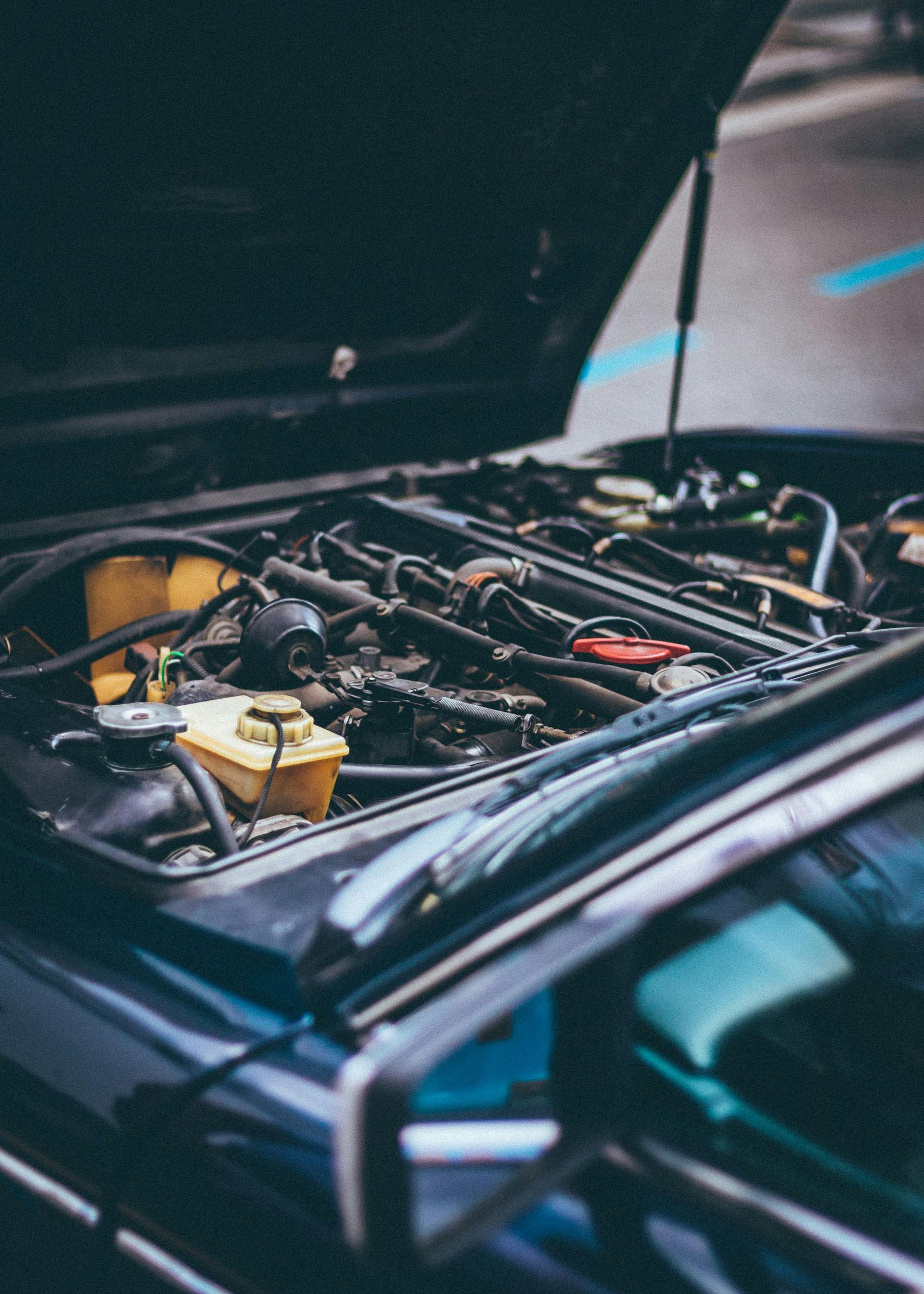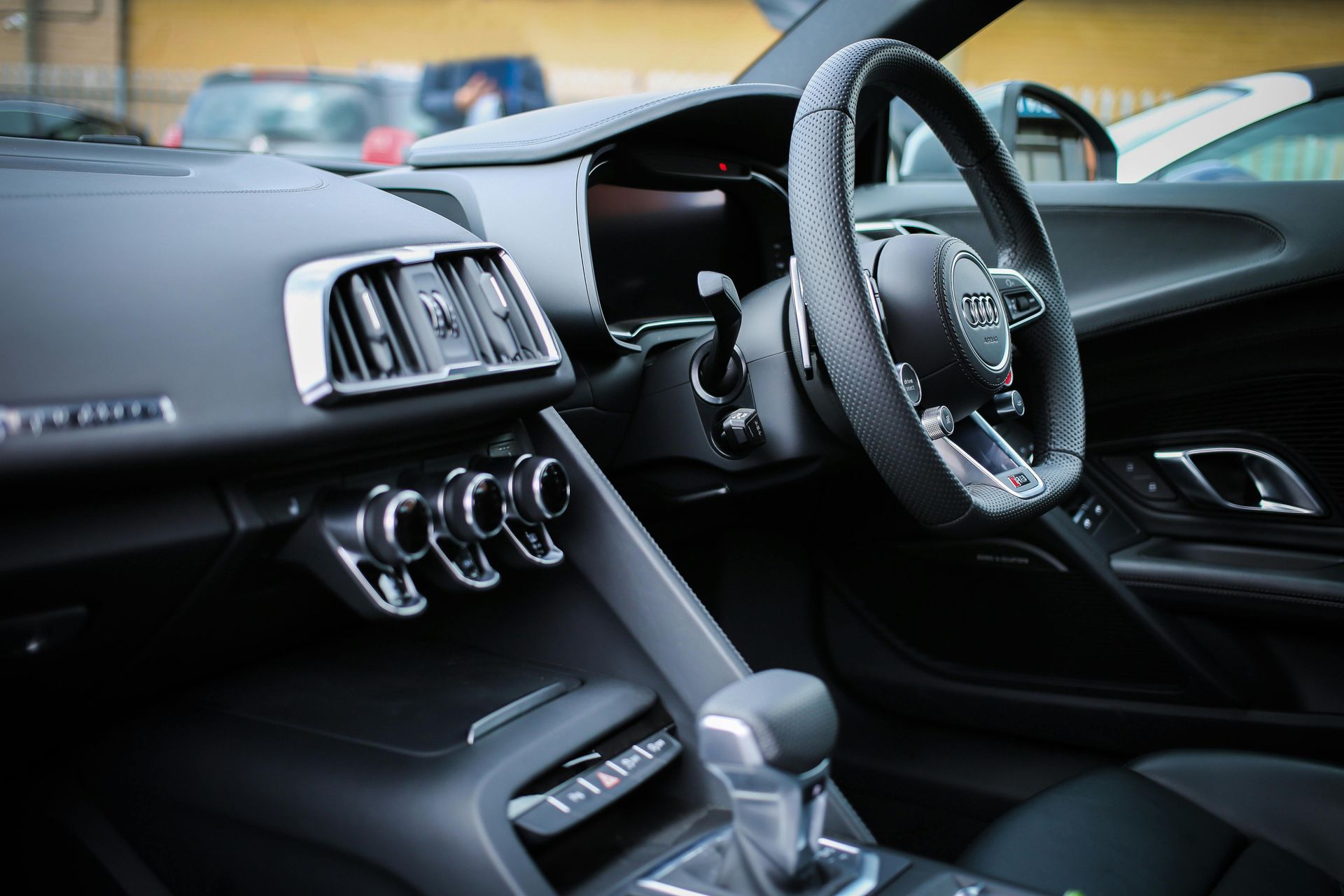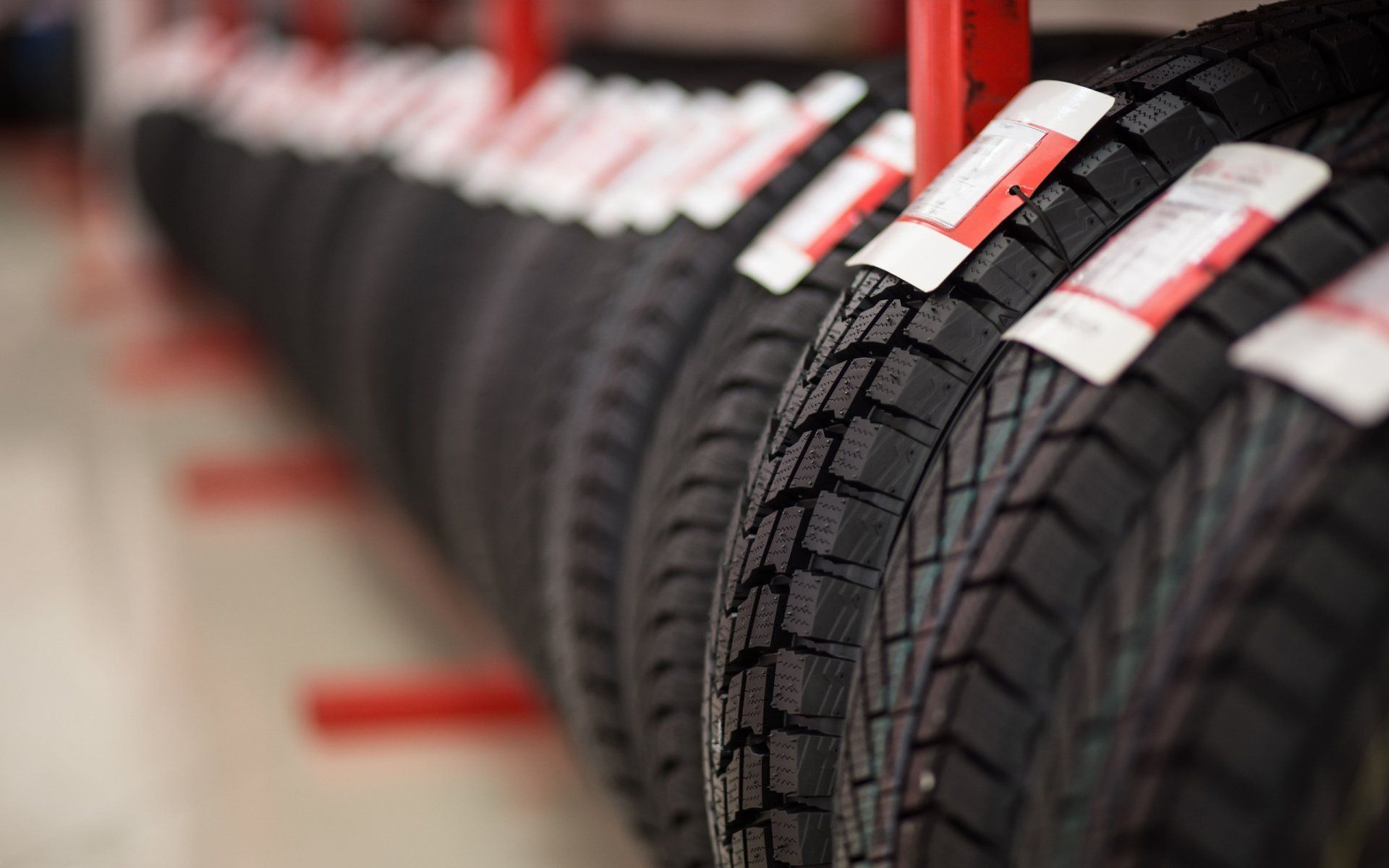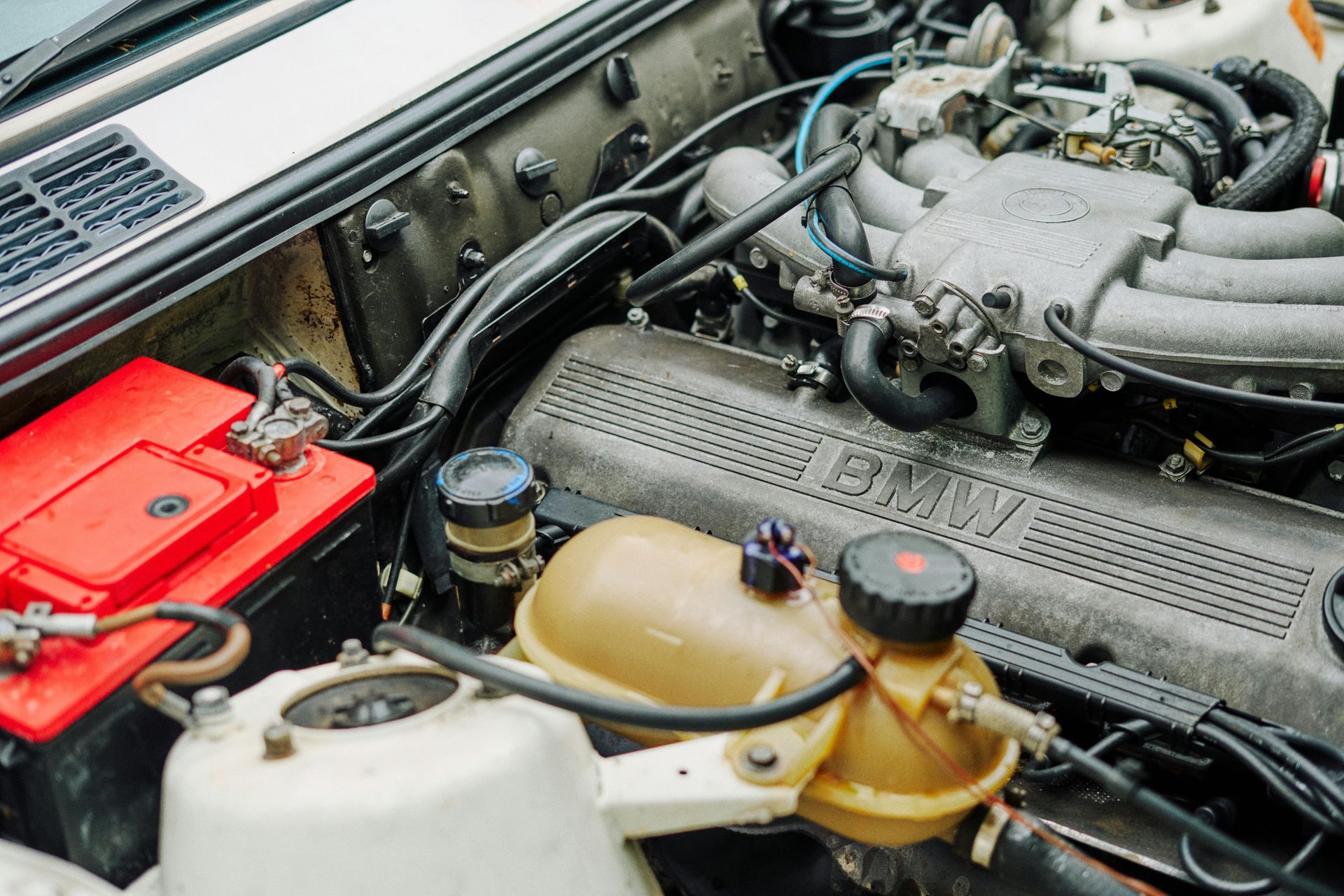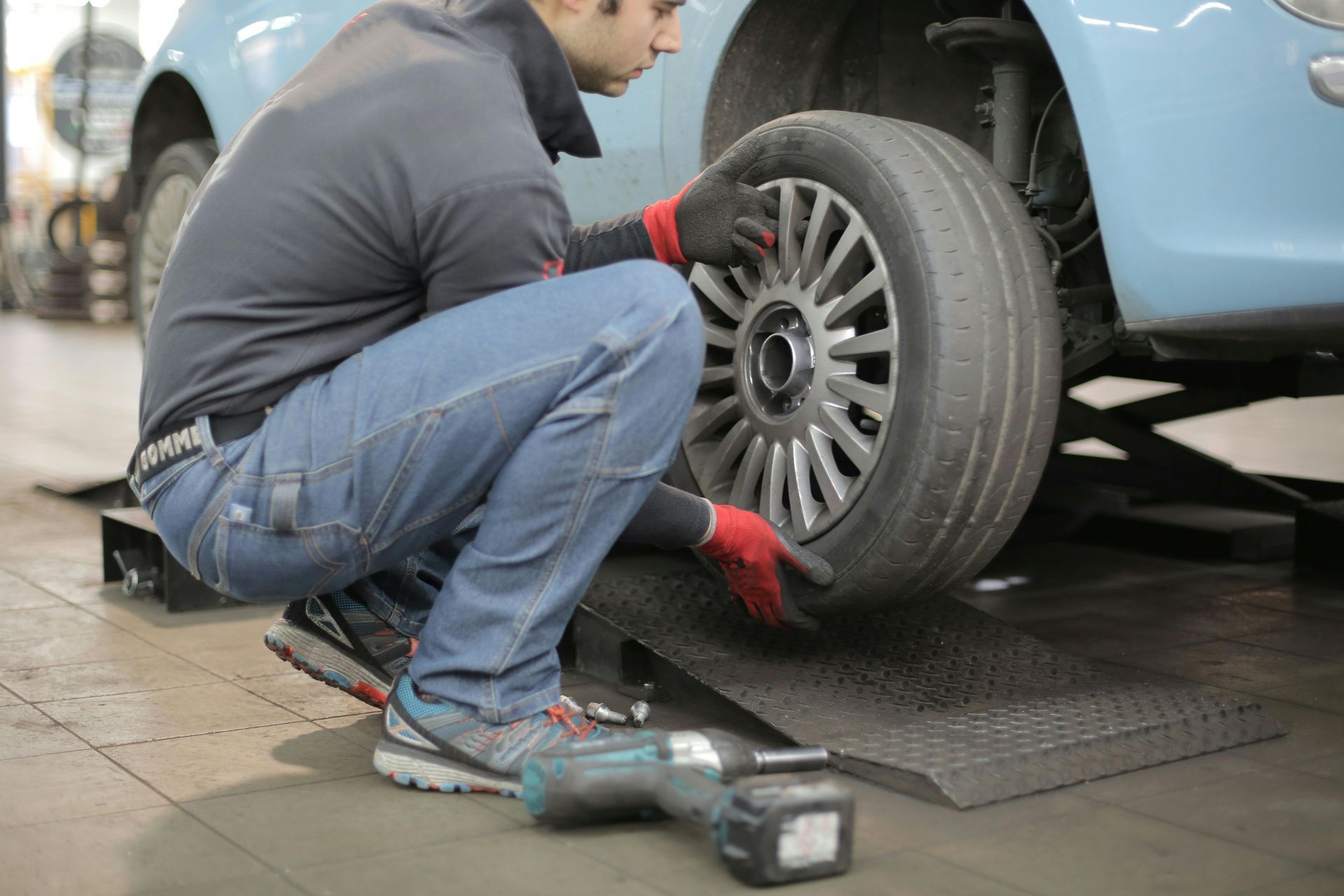Top 5 Signs Your Brakes Need Immediate Attention
Your brakes are your car's most important safety feature, especially when navigating Auburn's steep mountain roads or making sudden stops in heavy traffic on Highway 49. Recognizing brake warning signs early can prevent accidents and save you from expensive repairs. Here are the top five signs that your brakes need immediate professional attention – ignore them at your own risk.
1. Squealing or Screeching Sounds When Braking
What You'll Hear A high-pitched squealing sound every time you press the brake pedal, especially noticeable when slowing down from higher speeds.
What It Means Most brake pads have built-in wear indicators – small metal tabs that contact the rotor when the pad material gets too thin. This creates the squealing sound as an early warning system.
Why It's Critical in Auburn Auburn's mountainous terrain puts extra stress on brake systems. When you're driving down steep grades from Foresthill or descending into the American River canyon, worn brake pads can quickly become dangerous. The combination of steep descents and curves requires maximum braking performance.
Don't Wait While squealing brakes might still work, continuing to drive on worn pads will damage your rotors. What could be a $200 brake pad replacement can quickly become a $600+ job requiring new rotors too.
2. Grinding Noise When Braking
What You'll Hear A harsh, metal-on-metal grinding sound, often accompanied by vibration through the brake pedal or steering wheel.
What It Means The brake pad material is completely gone, and the metal backing plate is grinding directly against the rotor. This is brake system failure – your stopping power is severely compromised.
Immediate Danger If you hear grinding, especially on Auburn's winding roads to Georgetown or Cool, you're in immediate danger. Your ability to stop effectively is compromised, and continued driving can cause complete brake failure.
Stop Driving Grinding brakes require immediate attention. Don't attempt to drive to Sacramento or make that trip to Grass Valley. Get your car to a repair shop immediately, even if it means calling for roadside assistance.
3. Brake Pedal Goes to the Floor
What You'll Feel When you press the brake pedal, it sinks all the way to the floor with little or no resistance, requiring much more pressure to slow the vehicle.
What It Means This indicates a serious brake system failure, possibly:
- Brake fluid leak
- Master cylinder failure
- Brake line rupture
- Complete brake pad failure
Auburn's Risk Factors Auburn's temperature extremes – from summer heat over 100°F to freezing winter mornings – can cause brake lines to expand, contract, and eventually fail. Road salt and winter conditions can accelerate corrosion of brake components.
Emergency Response If your brake pedal goes to the floor, pump it rapidly to try to build pressure. Use your parking brake gradually to slow down if needed. Get off the road safely and call for help immediately. Do not continue driving.
4. Vibration or Pulsing When Braking
What You'll Feel The brake pedal, steering wheel, or entire car vibrates or pulses when you apply the brakes, especially during moderate to hard braking.
What It Means Your brake rotors are warped, cracked, or have uneven thickness. This prevents the brake pads from making consistent contact with the rotor surface, reducing braking efficiency.
Mountain Driving Connection Extended braking on Auburn's mountain roads – like the long descent from Colfax or repeated braking on winding roads to Nevada City – can overheat rotors and cause warping. This is especially common during summer when ambient temperatures are already high.
Safety Concerns Warped rotors don't just feel uncomfortable – they significantly reduce your stopping power and can cause loss of vehicle control, particularly dangerous on Auburn's narrow, winding roads.
5. Brake Warning Light on Dashboard
What You'll See The brake warning light (usually red) stays on while driving, or the ABS light illuminates on your dashboard.
What It Means Your car's computer has detected a problem with the brake system. This could indicate:
- Low brake fluid levels
- Brake system malfunction
- ABS system failure
- Parking brake engagement issues
Don't Ignore Electronic Warnings Modern brake systems have sophisticated monitoring. If your car is warning you about brake problems, there's a real issue that needs professional diagnosis.
Auburn Driving Considerations With Auburn's steep grades and winding roads, you need every safety system working properly. ABS helps prevent wheel lockup on curves and during emergency stops – crucial when navigating roads like Highway 193 or the back roads to Foresthill.
Additional Warning Signs to Watch For
Burning Smell A sharp, chemical smell while driving, especially after braking, can indicate overheated brake pads or fluid.
Pulling to One Side If your car pulls left or right when braking, you may have uneven brake wear or a stuck caliper.
Longer Stopping Distances If it takes more distance to stop than usual, your brake system isn't working at full capacity.
Spongy Brake Pedal A soft, spongy feeling when pressing the brakes often indicates air in the brake lines or moisture in the brake fluid.
Why Auburn Drivers Face Unique Brake Challenges
Mountainous Terrain Regular driving on steep grades accelerates brake wear. Whether you're commuting to Roseville or taking weekend trips to Lake Tahoe, Auburn drivers use their brakes more than drivers in flat areas.
Temperature Extremes Auburn's climate swings from over 100°F in summer to below freezing in winter. These temperature changes affect brake fluid, cause expansion and contraction of metal components, and can accelerate wear.
Tourist Traffic During peak seasons, stop-and-go traffic on Highway 49 and local roads means more frequent braking, increasing wear on brake components.
Winter Conditions While Auburn doesn't get heavy snow, wet conditions and occasional ice require reliable braking performance. Worn brakes are especially dangerous on slippery surfaces.
The Cost of Waiting
Minor Problem, Major Expense Ignoring early warning signs turns inexpensive maintenance into costly repairs. New brake pads might cost $150-300, but waiting until rotors are damaged can cost $500-800 or more.
Safety Risk On Auburn's mountain roads, brake failure isn't just inconvenient – it's life-threatening. The winding roads, steep grades, and limited escape routes make reliable brakes essential for safety.
Legal Liability Driving with known brake problems could make you liable for accidents. If you know your brakes are failing and continue driving, you could face serious legal consequences if someone gets hurt.
When to Seek Professional Help
Immediately
- Grinding noises
- Brake pedal goes to the floor
- Brake warning lights
- Burning smells
- Any sudden change in braking performance
Within a Few Days
- Squealing sounds
- Vibration when braking
- Car pulling to one side
- Spongy brake pedal feel
Regular Maintenance Even without warning signs, brake systems should be inspected regularly, especially for Auburn drivers who face demanding driving conditions.
Expert Brake Service in Auburn
Don't gamble with your safety on Auburn's challenging roads. At Autovantage Service Center, our ASE-certified technicians specialize in complete brake system diagnosis and repair. We understand how Auburn's unique driving conditions affect brake systems and can identify problems before they become dangerous.
Whether you're hearing squealing, feeling vibration, or noticing any of the warning signs mentioned above, we provide thorough brake inspections using the latest diagnostic equipment. We service all makes and models and use quality brake components designed to handle Auburn's demanding mountain driving conditions.
Your family's safety is too important to ignore brake warning signs. Contact Autovantage Service Center at (530) 450-2423 or visit us at 555 Wall St in Auburn to schedule your brake inspection today. Don't wait until it's too late – let our experienced team ensure your brakes are ready for whatever Auburn's roads throw at you.


